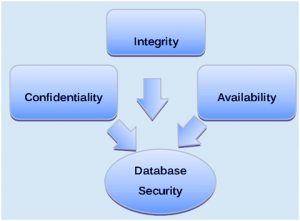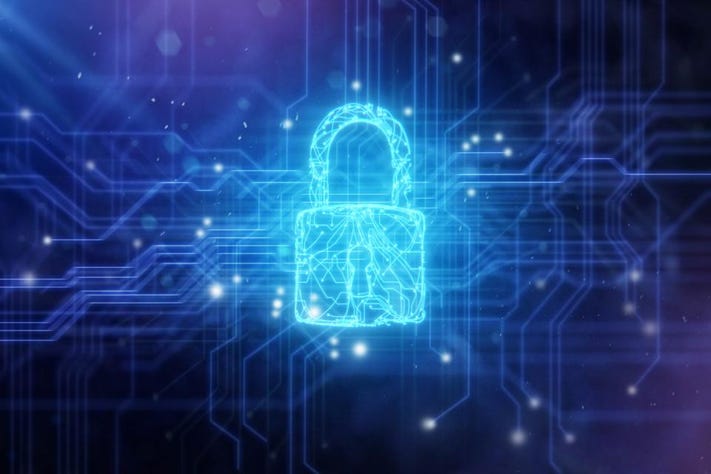Every week, it seems like another data breach makes the news, resulting in the theft of millions of personal records, credit card numbers, and other sensitive information each month. Important firms with professional IT workers are among the victims of these breaches. As a result, everyone is in danger. In this guide, we are to discuss some major security essentials in a database that you should know.

What is The Database Security?
Database security is a set of methods for safeguarding database management systems from malicious cyber-attacks and illegal access. Database security solutions protect not only the database’s data, but also the data management system and any applications that use it, from unauthorized access, damage, and incursion.
Threats to Database Security
A breach could be caused by a variety of software vulnerabilities, misconfigurations, or habits of misuse or carelessness. The most common causes and types of database security cyber threats are listed below.
• Insider Threats
One of the most common causes of database security breaches is an insider threat, which generally happens when a large number of employees have been given privileged user access.
• Errors of Humans
Nearly 50% of all data breaches are still caused by weak passwords, password sharing, data erasure or damage by accident, and other undesired user behaviors.
How Can Your Database Server Be Safe?
The database is run on a database server, which might be a physical or virtual machine.
• Protect the physical database
If your database contains sensitive data, avoid sharing a server for web apps and database applications. Although hosting your site and database together on a hosting provider may be cheaper and easier, you are entrusting the security of your data to someone else.
• Regularly Patch Database servers
Ensure that patches remain current. Effective database patch management is a crucial security practice because attackers are actively seeking out new security flaws in databases, and new viruses and malware appear daily.
• Access to public networks disabled.
Databases are where organizations keep their applications. In most real-world situations, the end-user does not need direct database access. Unless you are a hosting provider, you should prohibit all public network access to database servers. For remote administrators, a business needs to set up gateway servers (VPN or SSH tunnels).
• All files and backups should be encrypted.
Regardless of how strong your security is, there is always the chance that a hacker will get access to your system. However, hackers aren’t the only danger to your database’s security. Your staff could also put your company at risk. There’s always the risk of a malicious or careless insider gaining access to a file they don’t have the authority to see.
Best Security Essential in Database
Here are some recommendations for improving the security of sensitive databases.
1. Passwords and user access should be actively managed.
If you have a large firm, you should consider using password management or access management software to automate access management. Permitted users will be given a one-time password with the rights they require each time they need to access a database.
2. Check the Security of Your Database.
Once your database security infrastructure is in place, you must test it against an actual attack. Auditing or doing penetration tests on your own database will enable you to put yourself in the shoes of a cyber criminal and identify any weaknesses you may have overlooked.
3. Use firewalls for web applications and databases.
To secure your database server from database security threats, you should utilize a firewall. A firewall does not allow access to traffic by default. It should also prevent your database from initiating outbound connections unless there is a specific cause.
Keep in mind that security is neither a technology nor a quick remedy. It necessitates well-defined processes, the appropriate tool, and time investment. It’s not “someone else’s job,” and it’s not something you work on in your spare time, which, by the way, will never come. As a database administrator, you must prioritize security management. It could be the most crucial aspect of your job.
